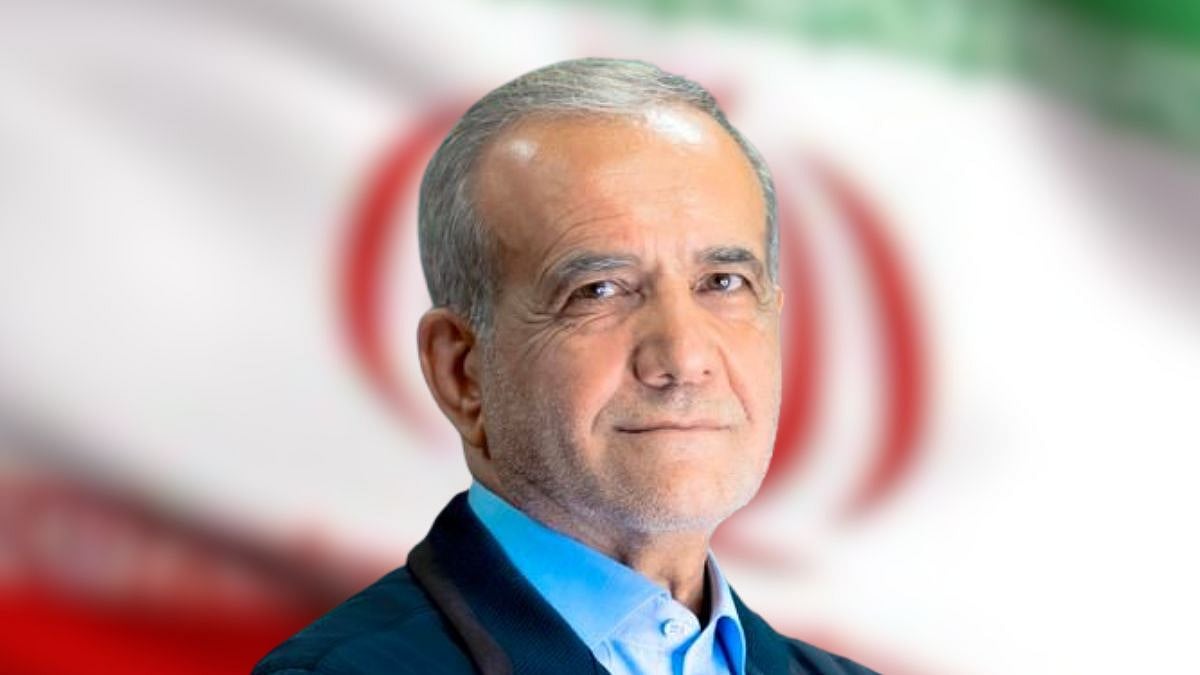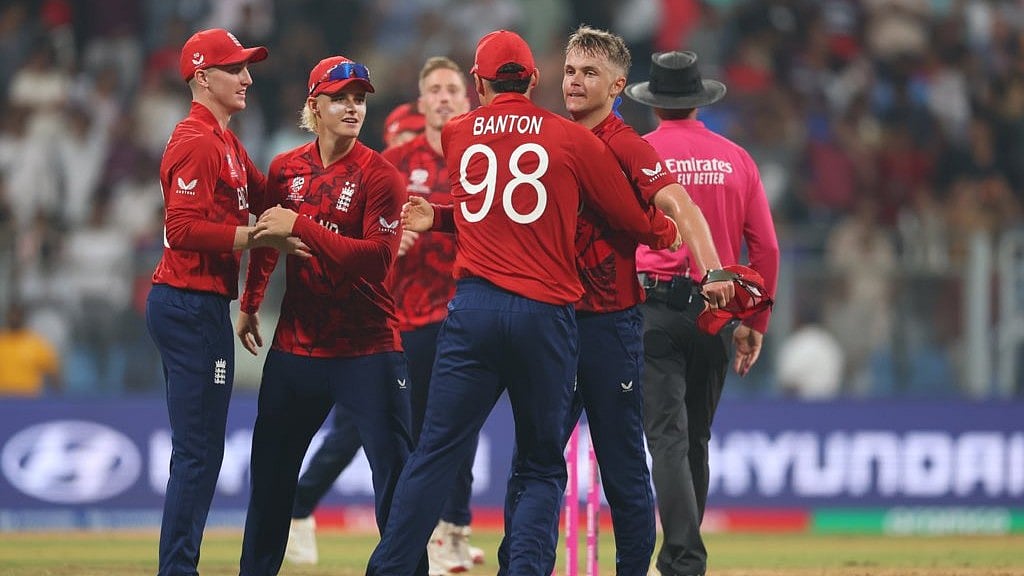Mumbai: During the question hour of Legislative Council, BJP MLC Ram Shinde brought attention to the escalating costs of solar agricultural pumps provided under the Pradhan Mantri Kisan Urja Suraksha evam Utthaan Mahabhiyan (PM-KUSUM) scheme. The issue, he argued, is causing significant financial stress for farmers who are already grappling with various challenges in electricity supply.
In his address, Shinde acknowledged the government's commendable decision to waive electricity bills for farmers and supply free solar pumps. However, he noted that the price of these pumps has surged dramatically from ₹6,000 to ₹12,000 over the past year, raising concerns among the farming community. Shinde sought clarity on the exact reasons behind this price hike.
Responding to these concerns, Deputy Chief Minister Devendra Fadnavis attributed the price increase to the improved quality of the pumps. He explained, "We are not the reason behind the price increase, the price has increased due to the better quality of the pumps. Earlier the solar panels used to be polycrystalline, now we have more reliable panels—Monocrystalline. All solar energy schemes are implementing this same panel. This is why the amount has increased but even after that 90% of the value is paid by the government, farmers only have to pay 10%. With the use of new advanced technology of monocrystalline panels, the lifespan of pumps has increased."
However, Congress MLC Satej Patil pointed out an apparent contradiction. He argued that while the government promotes solar energy and aims to benefit 20 lakh farmers under the scheme, the costs of solar panels have actually decreased globally. Additionally Patil asked whether the cost that farmers have to pay be reduced to 5 percent. "What measures have been taken by the government to reduce the increase in the share of solar agricultural pump farmers?" asked MLC Shinde.

In a detailed response, the Deputy Chief Minister clarified "The PM-KUSUM scheme is being implemented nationwide as per guidelines issued by the Union Ministry of New and Renewable Energy on July 22, 2019. The government registers the base price of solar agricultural pumps and suppliers through the e-tendering process. Under the scheme, 30 percent of the cost is paid by the central government, 30 percent by the state government, and 40 percent was by the farmers. However, the state government has reduced the farmers' share to 10 percent for farmers and 5 percent for scheduled caste and scheduled tribe farmers, with the remainder covered by the state and additional electricity tax as of May 12, 2021. A campaign has been initiated to electrify agricultural pump connections through solar energy." Fadnavis assured that the government continuously evaluates the scheme to balance providing high-quality equipment and minimizing the financial burden on farmers.




